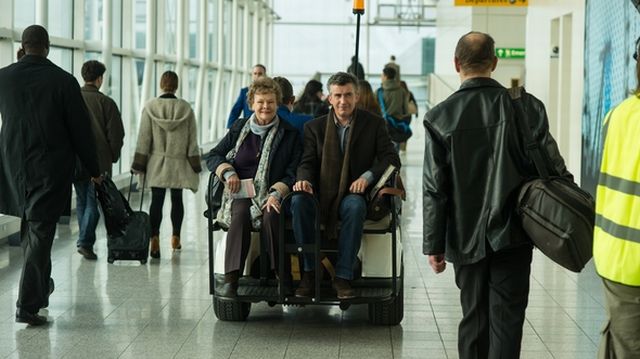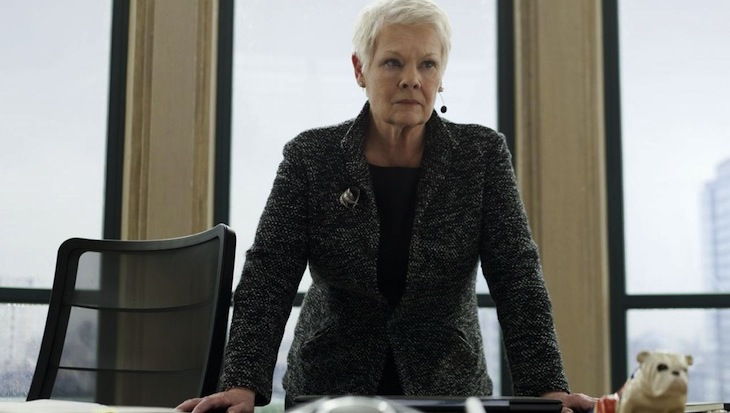As a movie it’s a little too neat and a little too worthy but as a benchmark The Butler is a triumph with a strong cast. Director Lee Daniels doesn’t get arty with this story of racial divide and American unrest. Roughly based on the real-life story of Eugene Allen, Daniels' approach is straightforward and highly emotive. There’s plenty for the crowd here, and, like Joseph Gordon-Levitt’s Don Jon, the fact that The Butler is accessible across almost every demographic will get its message through to those who need to see it - those who maybe wouldn't see it if it were, say, art house. In some ways, the softer Butler is a filmic preparation for the agony of 12 Years A Slave.
In a tempered, credible performance, Forest Whitaker leads as Cecil Gaines, a southern African-American raised on a cotton plantation run by Thomas Westfall (Alex Pettyfer) and his mother Annabeth Westfall (Vanessa Redgrave). There, Cecil's father (an excellent performance by David Banner) has to watch on as his wife (Mariah Carey) is habitually raped and abused. Cecil eventually runs away and, starving, breaks a window to get to some cake. In a time when white people could kill black people on a whim, Cecil is discovered by a black clerk Maynard (Clarence Williams III) who teaches him the nuances of serving ignorant white people in a time of segregation. Cecil learns to survive amid the life-crushing racism of the era.
 When Maynard turns down a job in Washington DC, he puts Cecil up for it. Serving in a posh hotel soon leads to a call from the White House where scary Freddie Fallows (Colman Domingo), a White House maître d’, subjects Cecil to a tough interview.
When Maynard turns down a job in Washington DC, he puts Cecil up for it. Serving in a posh hotel soon leads to a call from the White House where scary Freddie Fallows (Colman Domingo), a White House maître d’, subjects Cecil to a tough interview.
Robin Williams, James Marsden, Minka Kelly, Liev Schreiber, James DuMont, Nelsan Ellis, Jesse Williams and Colin Walker appear as famous figures from the past, all of whom cross paths with Cecil. Alan Rickman as Ronald Reagan and Jane Fonda as Nancy Reagan are particularly impressive while John Cusack's impersonation of Richard Nixon may take a few moments to sink in. Once you see the prosthetic nose, however… Other strong performances come from Cecil’s family: Oprah Winfrey as Gloria, his wife, making her first return to the screen in many years, is superb in her comic and dramatic timing. David Oyelowo has a surefooted presence as Louis, the eldest son, and an adorable Elijah Kelly almost steals the show as Charlie, the youngest brother. Cuba Gooding Jr, Lenny Kravitz and Terrence Howard (pictured above right with Winfrey) are excellent as Cecil’s serving White House colleagues. A discovery performance comes from Yaya Alafia, as Louis' revolutionary girlfriend with attitude (and armpit hair).
Based on the article “A Butler Served Well By This Election”, The Butler is a film that needed to be made. A crowd-pleaser that educates and illuminates, it may condense history and glide over the rough patches. But it is not a documentary: its strength lies in the road it paves. Like Mandela: Long Walk To Freedom (released early next year), The Butler isn’t a work of art but it is a film that everyone needs to see. Etched with tears and laughs, this is appealing historical entertainment at its most important.
Overleaf: watch the trailer for The Butler









 It helps to have in
It helps to have in J. Edgar
J. Edgar
